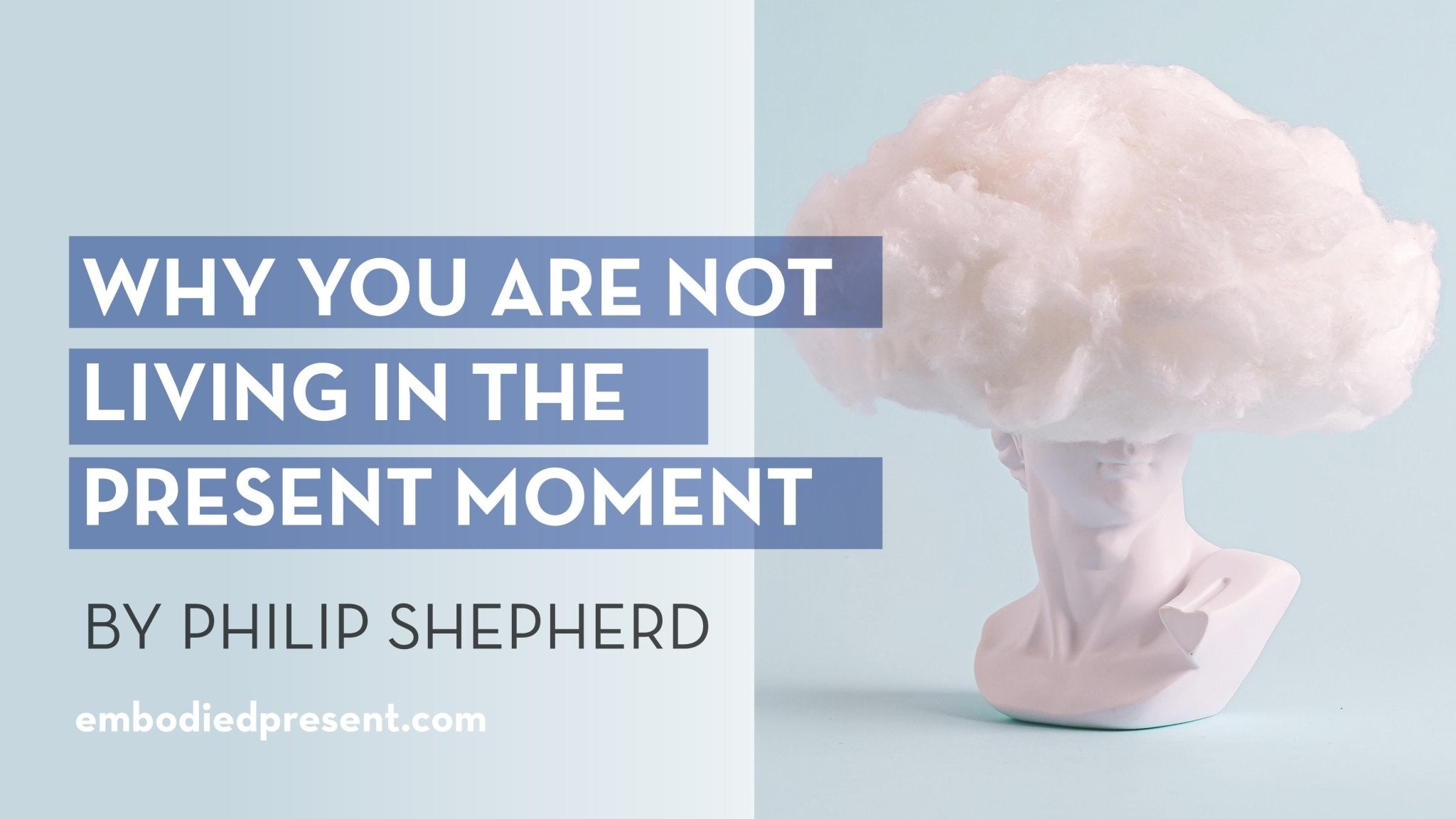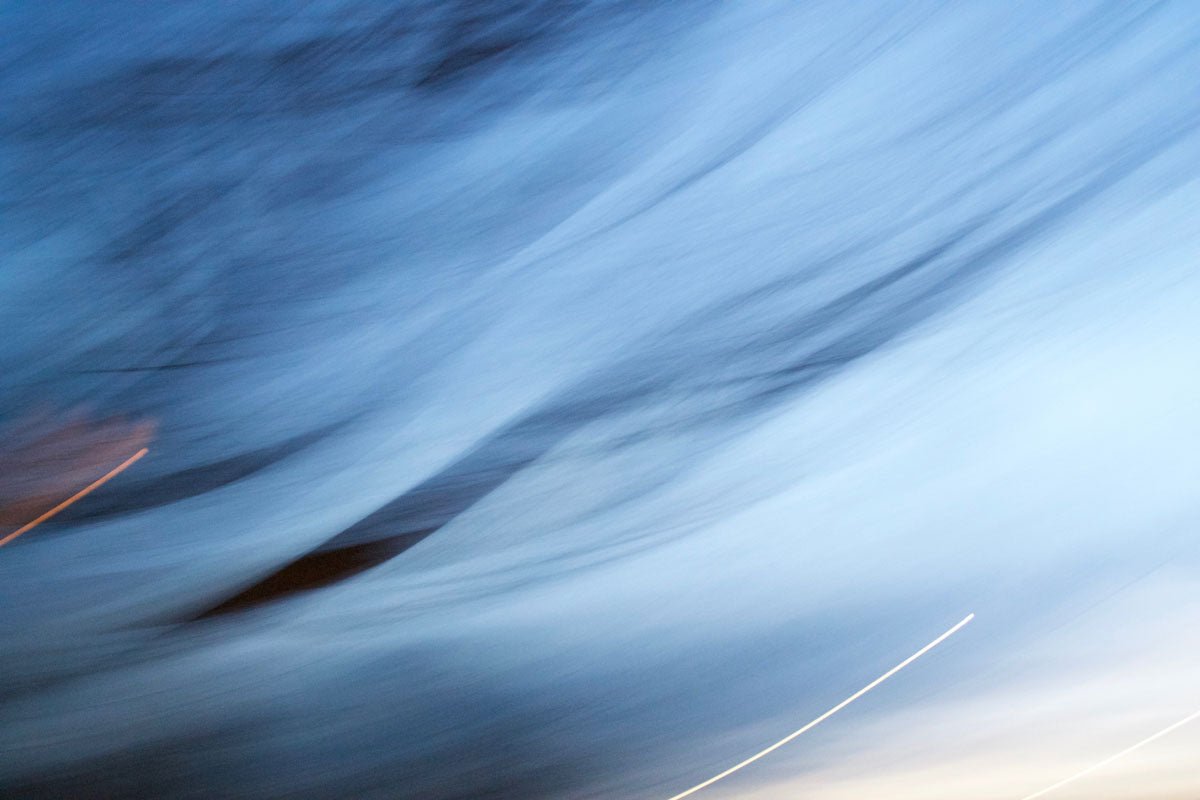On Monday January 3rd, Neil Reynolds urged readers of his Globe and Mail column to “Go forth, multiply and fill the provinces”. He was refuting the claim by biological anthropologist Helen Fisher that, “We have too many people on this planet.” Her claim is obviously not true, he asserted, because Canada has room for more. He then proceeded to demonstrate mathematically that all we need of the planet to house, water and feed the world’s population at the moment is the area of the United States – an exercise he himself admitted was silly, except that he felt sure it illuminated the fact that “Earth can sustain more people.”
Mr. Reynolds’ reasoning is weakened by a blindspot. His mindset is that of a factory supervisor, overlooking his facility and concluding that production can be increased. It is a mindset that was birthed by the Industrial Revolution, and is dangerously misapplied to our planet. The earth is not a factory, with well-fed humans as its product. The earth is an ecosystem that relies on diversity, and sustains itself according to a set of principles that humans currently violate at every turn.
I would like to present a contrasting claim: there is no major crisis we face as a species that does not trace back, in whole or in part, to the weight of humanity under which our planet is groaning. And central to that problem is the trait that most distinguishes us from other animals: we are an incendiary species. Quite simply, we control fire. Not only do we control it – we can barely live without it, as Richard Wrangham demonstrated in his book, Catching Fire. To live, we burn the planet. We burn it to cook our food, we burn it to keep ourselves warm, we burn it in engines to move ourselves about. We burn the planet ceaselessly: we do it to transform fire into electricity, for instance, which we use to make our clothes and furniture and newspapers. We burn it to melt its minerals to refine them for our use, often in making machines that burn more of it to run.
We burn the planet as if it were limitless, and the leverage this burning grants us in harvesting the earth – the power it puts into our hands – is used by us with a sense of entitlement. What Prometheus offered as a sacrifice and a gift has goaded us into shortsighted arrogance. The burning enables us to harvest the seas with nets that scour them clean of life. And our burning fouls those seas – not just with the by-products of burning that also poison air, soil and fresh water, but also with a level of endless noise pollution that disrupts the migration and breeding patterns of their denizens.
On land, our burning ways have catastrophically disrupted the delicate web of diversity on which the balance of the earth’s living systems depends. We burn and clear-cut trees – the lungs of our planet – to create the rectilinear stamp of agribusiness, which celebrates monoculture and systematically destroys whatever intrudes upon it. Our willingness to treat the earth as a factory does nothing to alter the ageless principles that keep it healthy.
I remember reading about an activist who had worked hard over years to create an alternative to clear-cutting in the Amazon. He established a program whereby tribes over a vast area were encouraged to harvest the forest, and a distribution network was set up by which those gently-harvested products could be shipped out to the world. As he sat on the riverbank one day, watching a procession of his barges loaded with harvested nuts make its way downstream, he began to think of all the forest creatures that would have relied on those nuts, and all the animals that relied on those creatures, and all the trees that would never be seeded into new life, and realized that, despite his best intentions, he had helped to create another form of holocaust.
However you slice it – or harvest it – there are too many people on the planet. If we don’t relinquish the scourge of our entitlement and moderate the demands we make on it, Mother Nature herself will demonstrate the need to respect its limits. And that won’t be pretty.





Leave a comment